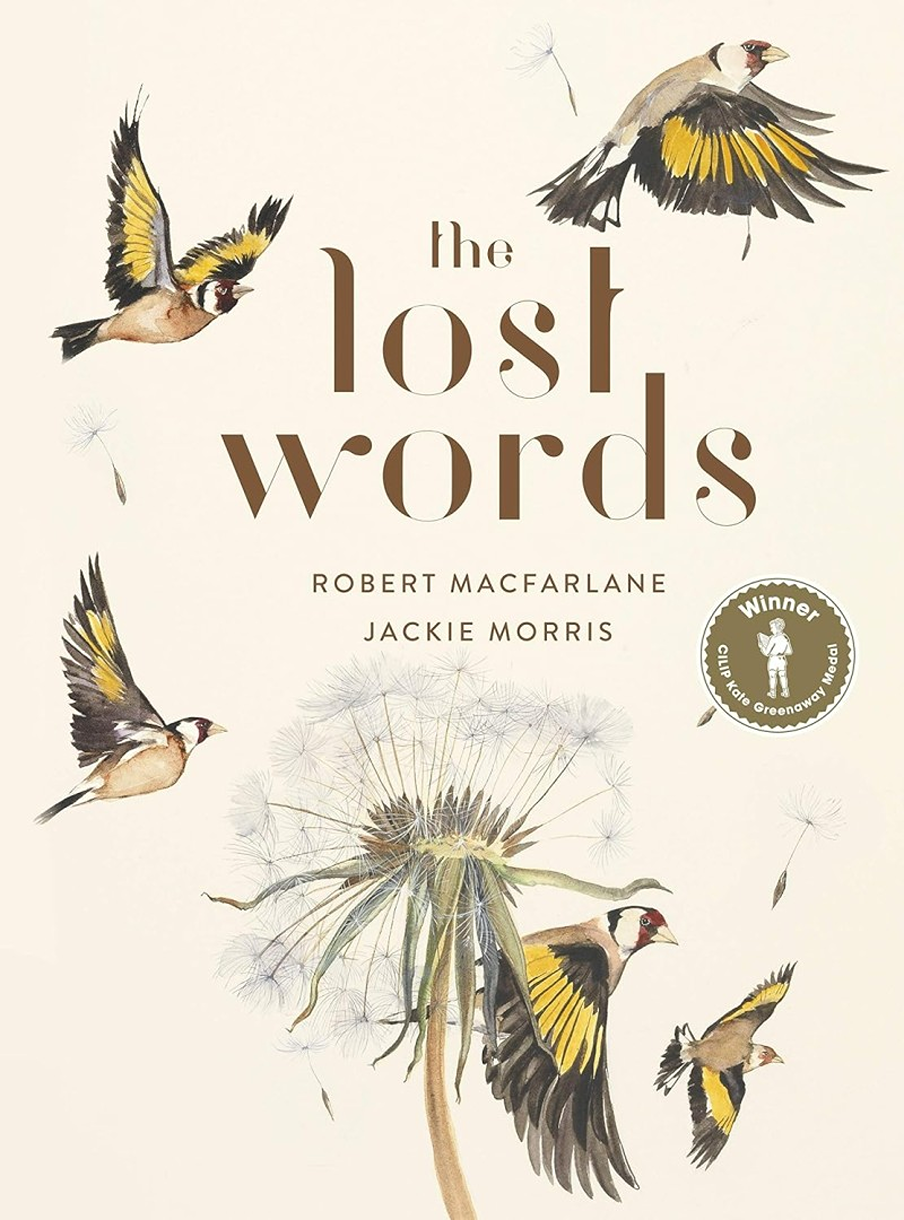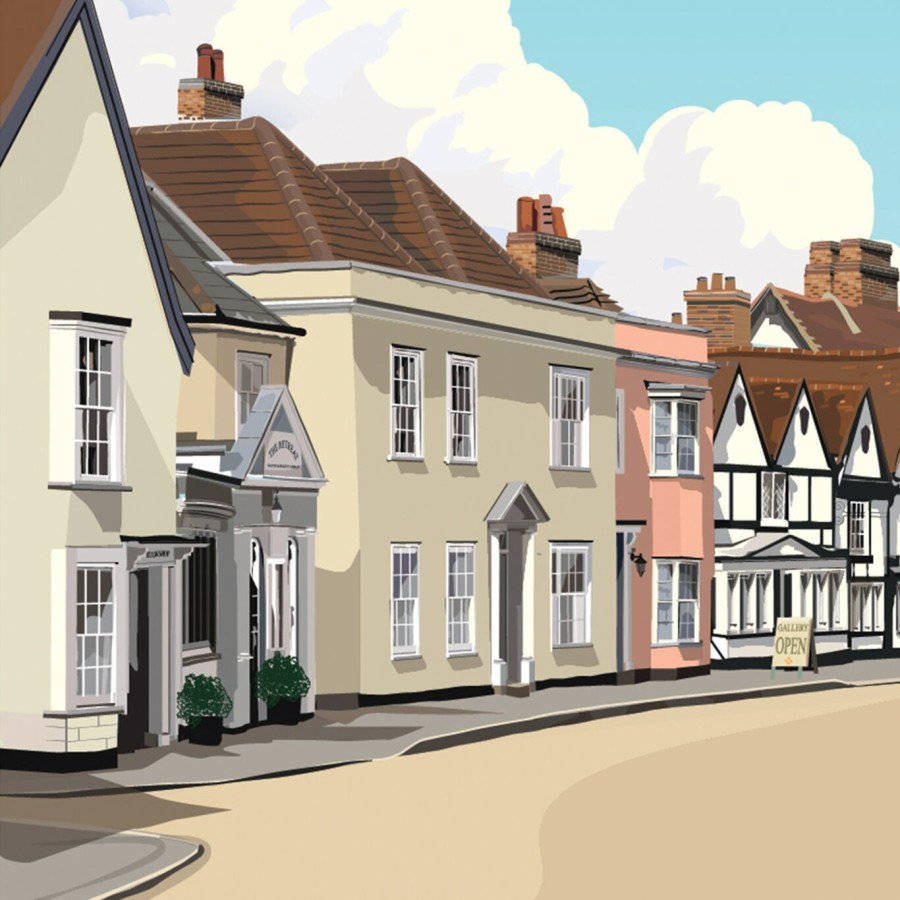Leicester (birthplace of the English language)

Leicestershire is a landlocked county in the East Midlands, you could almost call this ‘the county of firsts’. It’s the birthplace of the English language, the birthplace of Sir David Attenborough, the birthplace of the vegan movement, and even the birthplace of the motor car.
Although today Leicester city residents often have roots outside England, 2000 years ago this was the beginning of the English language (the town of Ashby-de-la-Zouche may sound French, but it’s Saxon English).
Scholars say the name is kind of half Old English and old Viking (due to Danish settlers) for ‘ash tree settlement’.
Fun Facts About the English Language
English has one of the largest vocabularies of any language (the letter ‘e’ makes up 11% of all words). You likely know the phrase ‘the quick brown jumps over the lazy dog’ is a pangram (uses every letter of the alphabet – often used for typing students, back in the day!)
The longest English word at present is pneumonoultramicroscopicsilicovolcanoconiosis (45 letters). This means ‘a lung disease caused by inhalation of very fine silica dust, usually found in volcanos’.
Just like French and Italian, English used to use grammatical gender (so different words whether you were referring to a male or female) but that was later dropped. English is the official language for international air travel, which is why all pilots have to know the language before qualifying.
There used to be 27 letters in the alphabet. The one that was dropped was the ampersand (& sign).

The Lost Words is a beautifully illustrated guide for children by a writer and artist, dedicating to preserving words that are being lost in modern dictionaries, replaced by words of slang or referring to computers.
To ensure words like ‘dandelion’ and ‘otter’ always remain. And children learn that blackberries are fruits, not phones!



